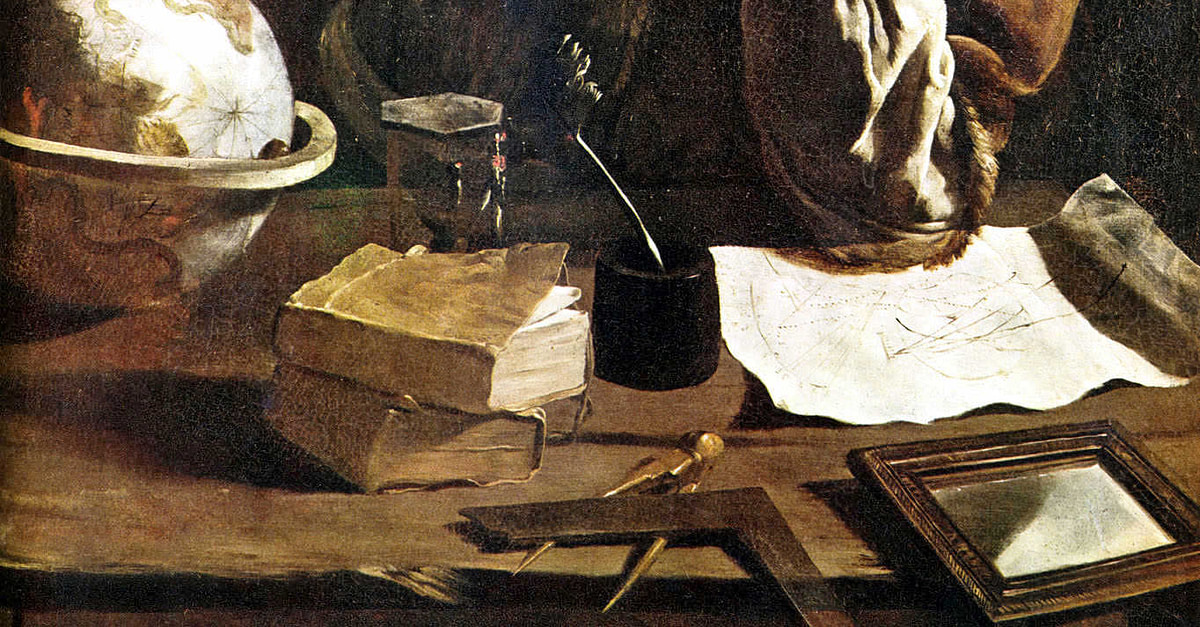Almost as interesting as what they knew, however, is what they did not know.
Four amazing astronomical discoveries from ancient Greece : Read more
Four amazing astronomical discoveries from ancient Greece : Read more
Well if you take into account that much of the Greek history has been disputed by historians worlwide because of no evidence for a lot of claims, and knowing that the Greeks were caught multiple times smuggling artifacts from around the Mediterranean claiming they were excavated in Greece, i am not trusting this post much.
If the Greeks knew th Solar system was heliocentric, that knowledge would be popular at least in Europe and at least accepted by the Greek Orthodoxy. Holding facts in hands, i would say there is a pretty big chance that these "discoveries" are falsified and smuggled in the history books these last 100 years.
[...] ‘universe’ is the name given by most astronomers to the sphere whose centre is the centre of the Earth and whose radius is equal to the straight line between the centre of the Sun and the centre of the Earth. [...] But Aristarchus of Samos brought out a book consisting of certain hypotheses, in which the premises lead to the result that the universe is many times greater than that now so called. His hypotheses are that the fixed stars and the Sun remain unmoved, that the Earth revolves about the Sun in the circumference of a circle, the Sun lying in the middle of the orbit, and that the sphere of the fixed stars, situated about the same centre as the Sun, is so great that the circle in which he supposes the Earth to revolve bears such a proportion to the distance of the fixed stars as the centre of the sphere bears to its surface.



